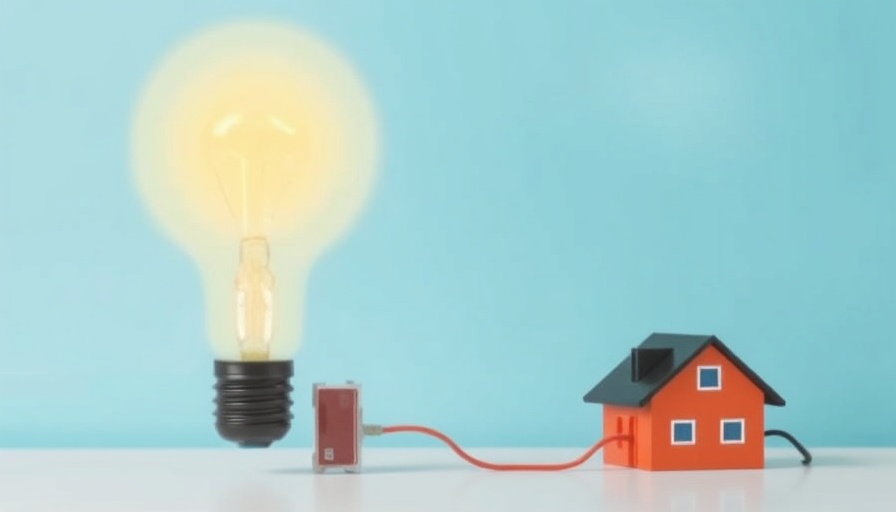
Can Your Home Really Go Off-Grid with Battery Power?
As energy costs continue to rise, homeowners are increasingly seeking alternative solutions to boost efficiency and reduce reliance on traditional power sources. The concept of running an entire house on battery power has emerged as both a practical and appealing proposition. But is it truly feasible? Let’s explore the key aspects of battery-powered homes and what potential buyers should consider.
The Rise of Home Energy Storage Systems
In recent years, home energy storage systems have gained traction. Technologies like Tesla’s Powerwall and similar products offer homeowners the ability to store energy generated from solar panels or the grid. These batteries can provide power during peak hours or outages when energy rates are high or supply is disrupted. This shift could lead to a significant reduction in electricity costs over time.
Energy Independence: The Allure of Going Off-Grid
Many owners dream of total energy independence, envisioning a scenario where their home relies solely on self-generated power. This future is not just a fantasy; there are homes across the globe operating effectively on battery power alone. However, it's critical to assess your energy consumption habits, the size of the battery system, and the capacity to generate solar energy before diving into this investment.
Evaluating Your Energy Needs
A key step in determining whether you can run your home on a battery involves evaluating your daily energy needs. According to recent data, the average American household uses about 877 kWh per month. Depending on the size of your battery system and layout, you may have to adjust your energy consumption or invest in a larger battery to accommodate your usage.
Cost Considerations: Initial Investment vs. Long-Term Gains
Initial costs for energy storage systems can be high, ranging anywhere from $5,000 to $15,000, depending on the hardware. However, when combined with rebates and tax incentives, the financial burden can lighten considerably. Long-term, homeowners may save significantly on energy bills, but it’s essential to conduct a thorough cost-benefit analysis before making a decision.
Leveraging Sustainability for Increased Home Value
Investing in a battery-backed energy system can also enhance the value of your home. Environmentally conscious buyers tend to favor homes equipped with renewable energy technologies. Not only will this make your property more appealing, but it aligns with global shifts towards sustainability, potentially yielding a return on investment.
Potential Challenges: Weighing the Risks
While making your home battery-based has many advantages, it’s essential to consider potential challenges such as maintenance and reliability. Battery systems have a limited lifespan, typically around 10-15 years. This prompts thoughtful consideration regarding the overall costs and planning for future replacements.
Conclusion: Is a Battery-Powered Home Right for You?
Ultimately, the decision to transition your home to battery storage requires careful thought and planning. While it offers the thrill of energy independence and long-term savings, it’s not without risks and costs. Homeowners must analyze their consumption patterns, budgetary constraints, and the specifics of available technology to determine whether this innovative solution fits into their lifestyle.
Are you ready to take the plunge towards waste reduction and energy autonomy? Explore energy storage options that could suit your needs!
 Add Row
Add Row  Add
Add 



Write A Comment